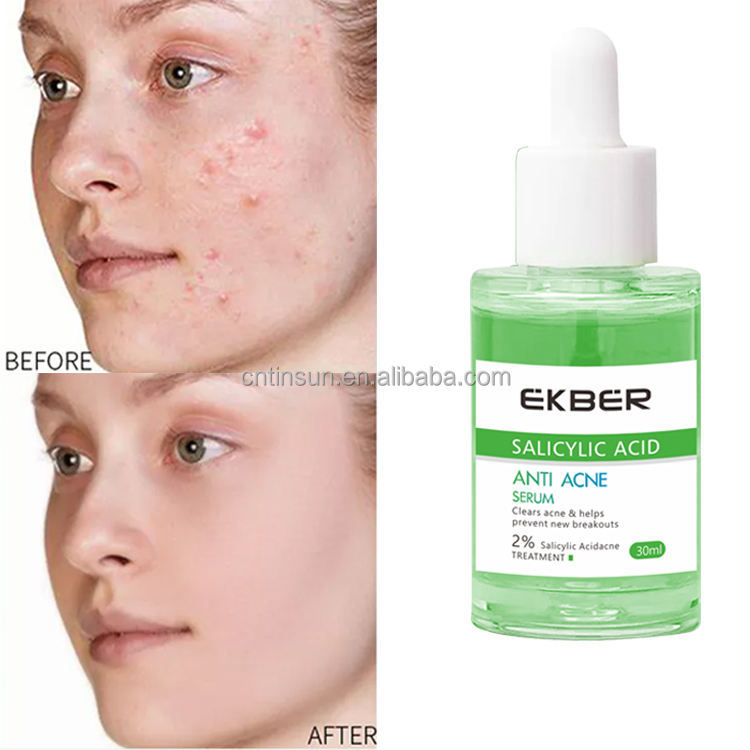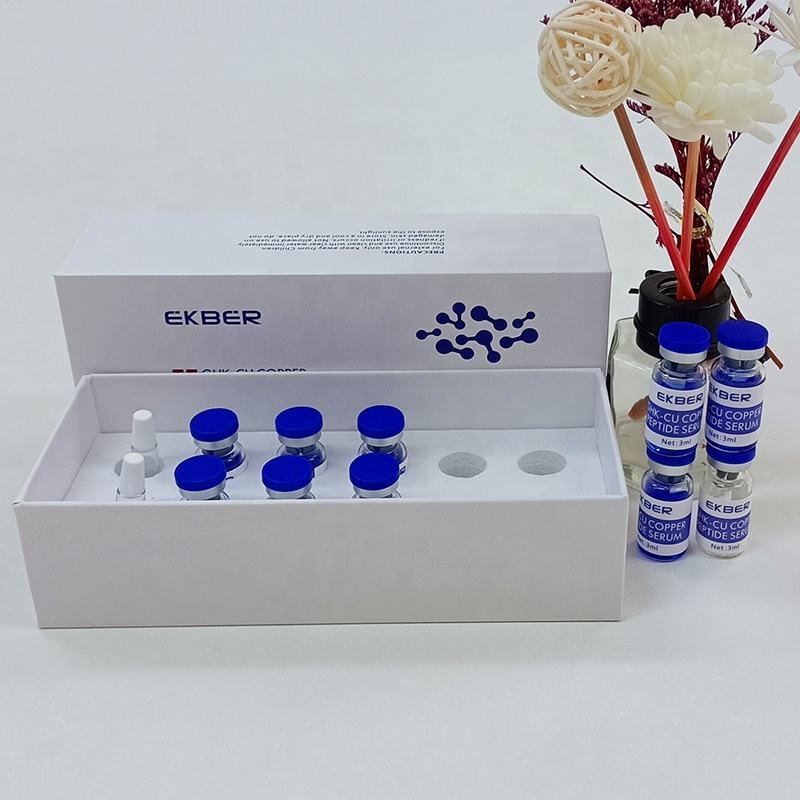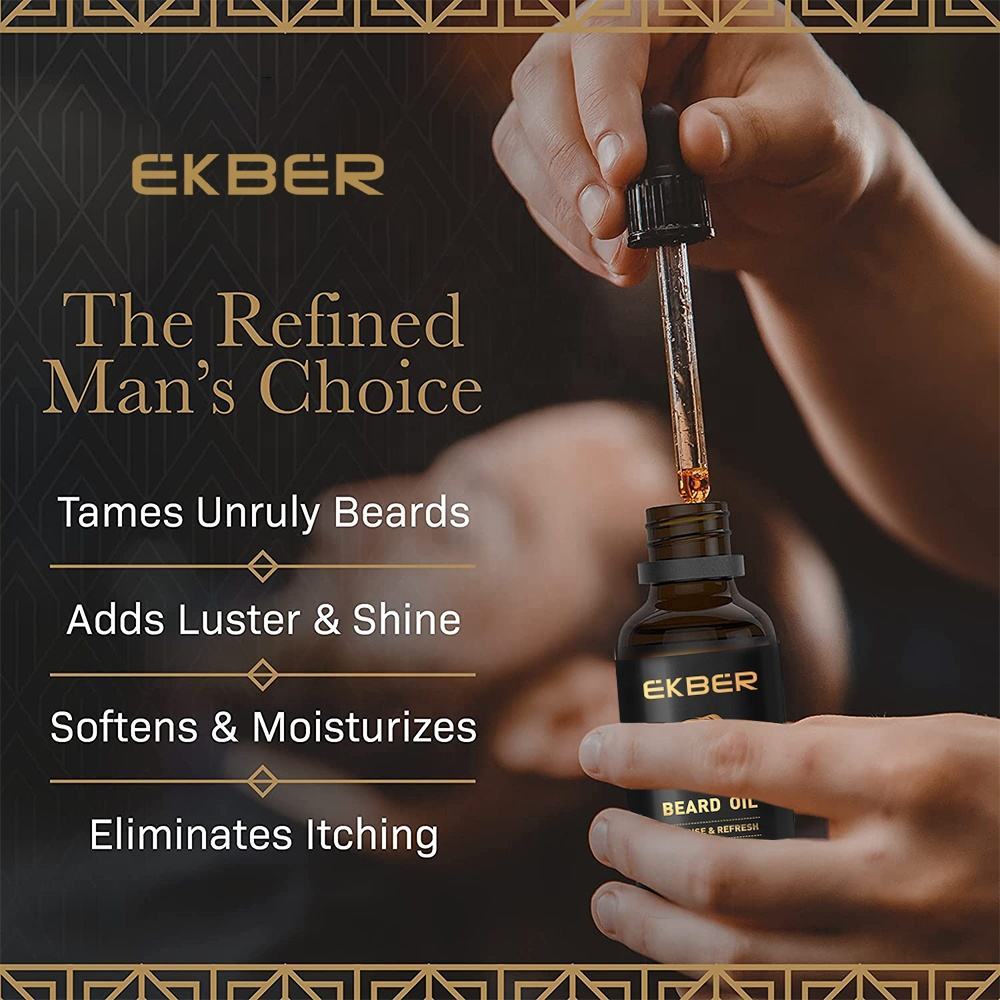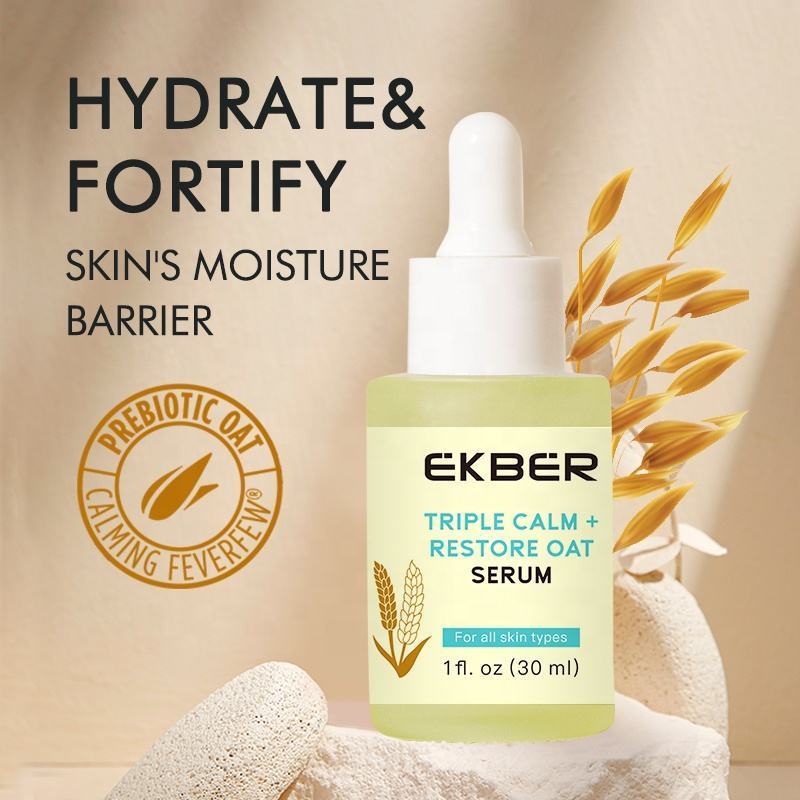Why You Should Switch to Plant-Based Cosmetics Today: A Comprehensive Guide
Release time:
Jul 29,2025
Why You Should Switch to Plant-Based Cosmetics Today
Understanding Plant-Based Cosmetics
Plant-based cosmetics are beauty products formulated primarily from natural ingredients derived from plants, such as fruits, vegetables, herbs, and essential oils. Unlike conventional cosmetics, which often contain synthetic chemicals, plant-based options prioritize natural elements that are less likely to irritate the skin and are generally more environmentally friendly. As consumers become increasingly aware of the effects of their choices, plant-based cosmetics are gaining significant attention in the beauty industry.
The Rise of Plant-Based Beauty Products
In recent years, the demand for plant-based cosmetics has surged, driven by a growing awareness of the potential dangers associated with synthetic chemicals and the desire for sustainable living. Many consumers are now searching for products that align with their values, leading brands to adapt and innovate. This trend is not just about beauty; it reflects a broader movement towards health, mindfulness, and environmental responsibility.
Health Benefits of Plant-Based Cosmetics
Gentler on the Skin
One of the primary reasons to switch to plant-based cosmetics is their gentler formulation. Many traditional cosmetics contain harsh chemicals and preservatives that can cause skin irritation and allergic reactions. Plant-based products often exclude these harmful ingredients, making them suitable for sensitive skin types. Common natural ingredients like aloe vera, chamomile, and coconut oil can soothe and nourish the skin without adverse effects.
Nutrient-Rich Formulas
Plant-based cosmetics often include antioxidants, vitamins, and minerals that can enhance skin health. Ingredients such as shea butter and argan oil are packed with nutrients that promote hydration and elasticity. By choosing products enriched with these natural components, consumers can support their skin's health rather than just cover imperfections.
Lower Risk of Hormonal Disruption
Many synthetic cosmetics contain endocrine-disrupting chemicals that may interfere with hormonal balance. Ingredients like parabens and phthalates are common culprits. Plant-based cosmetics typically do not contain these harmful substances, allowing consumers to protect their hormonal health while enjoying effective beauty solutions.
The Environmental Impact of Plant-Based Cosmetics
Sustainable Sourcing
The environmental footprint of traditional cosmetics can be substantial, stemming from unsustainable sourcing practices and chemical runoff. In contrast, many plant-based brands prioritize sustainable agriculture and ethical sourcing of ingredients. By choosing plant-based cosmetics, consumers support practices that minimize environmental harm and promote biodiversity.
Biodegradable Packaging Solutions
As the beauty industry faces scrutiny over plastic waste, many plant-based cosmetic brands are opting for biodegradable or recyclable packaging. This shift contributes to reducing plastic pollution and encourages consumers to think critically about their consumption patterns. By making the switch, individuals actively participate in the movement towards a cleaner planet.
Why Plant-Based Cosmetics Are Cruelty-Free
Ethical Considerations in Beauty
Many consumers today are concerned about animal welfare. Plant-based cosmetics are often associated with cruelty-free practices, as they typically do not involve animal testing. Brands that prioritize plant-based formulations tend to adopt ethical stances, ensuring that their products are not only good for the skin but also kind to animals.
Supporting Ethical Brands
By switching to plant-based cosmetics, consumers can support brands that align with their values. Many plant-based companies are transparent about their sourcing, manufacturing processes, and commitments to sustainability. This transparency builds trust and empowers consumers to make informed choices about the products they use.
Choosing the Right Plant-Based Cosmetics for You
Identifying Quality Ingredients
When selecting plant-based cosmetics, it’s crucial to understand which ingredients to look for. High-quality products typically feature recognizable natural ingredients, such as botanical extracts and essential oils. Avoid products with vague terms like "natural" or "organic" without additional context. Research the brands, and read labels carefully to ensure you're making the best choice for your skin.
Patch Testing for Sensitivity
Even natural ingredients can cause reactions in some individuals, so it’s essential to perform a patch test before fully integrating a new product into your routine. Apply a small amount to a discreet area of skin and wait 24 hours to check for any adverse reactions. This precaution helps ensure that you're choosing the right products for your specific skin type.
The Economic Advantages of Switching to Plant-Based Cosmetics
Long-Term Cost Efficiency
While plant-based cosmetics may initially seem more expensive than conventional options, they can prove to be more cost-effective in the long run. Natural ingredients often provide multiple benefits, reducing the need for additional products. For instance, a good quality plant-based moisturizer may also serve as a primer or treatment, streamlining your beauty routine and saving you money over time.
Investment in Health and Well-Being
Investing in plant-based cosmetics is not just a financial decision; it's an investment in your health. By using products that are free from harmful chemicals, consumers may experience fewer skin issues and improved overall well-being. This shift can lead to long-term savings on skincare treatments and dermatological visits.
FAQs About Plant-Based Cosmetics
1. Are plant-based cosmetics suitable for all skin types?
Yes, many plant-based cosmetics are suitable for all skin types. However, it’s essential to choose products tailored to your specific needs, especially if you have sensitive or allergy-prone skin.
2. How can I tell if a cosmetic is truly plant-based?
Look for certifications such as "vegan," "cruelty-free," or "organic," and read the ingredient list for recognizable plant-derived components. Research brands to ensure they adhere to ethical sourcing practices.
3. Do plant-based cosmetics have a shorter shelf life?
Generally, plant-based cosmetics may have a shorter shelf life due to the absence of synthetic preservatives. It's essential to check expiration dates and store products properly.
4. Can plant-based cosmetics provide the same results as conventional products?
Yes, many plant-based cosmetics are formulated to deliver equivalent, if not superior, results compared to conventional products. The effectiveness will depend on the quality of ingredients and formulation.
5. Where can I find reputable plant-based cosmetic brands?
Reputable plant-based cosmetic brands can be found in health stores, online marketplaces, and specialty beauty retailers. Look for brands with positive reviews and transparent practices.
Conclusion
Switching to plant-based cosmetics offers a multitude of benefits for your health, the environment, and ethical considerations. By choosing products that emphasize natural ingredients and sustainable practices, you not only enhance your beauty routine but also contribute to a more sustainable and compassionate world. Embrace the power of plant-based cosmetics today and take a step towards a healthier lifestyle while making a positive impact on the planet.
Previous
Information Q&A























